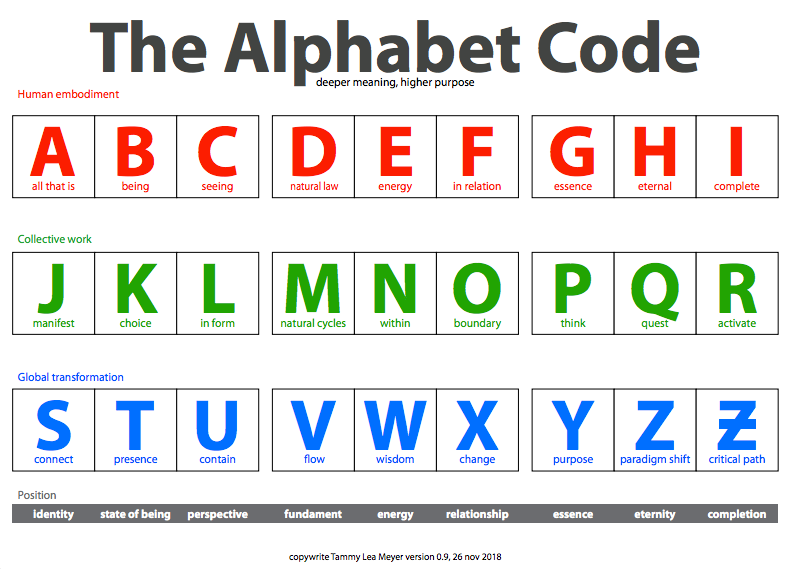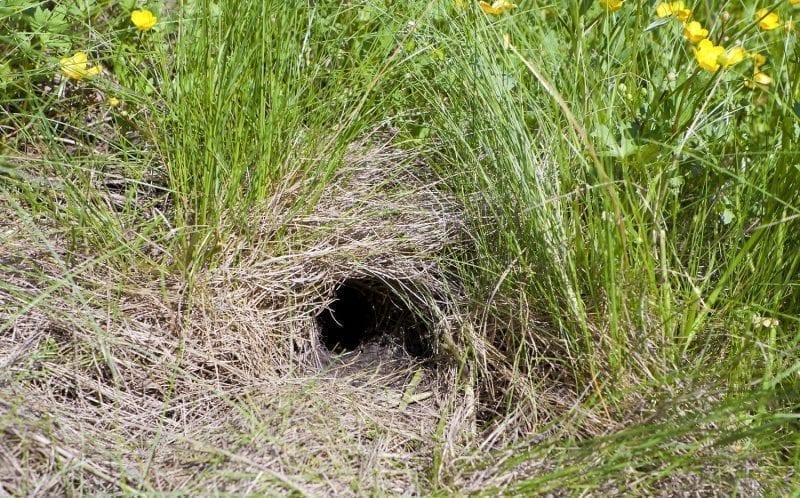I'll give a classic example. Aristotle conceived ethics as a way for humans to excel in their field of interest and congregate into a functioning society defined as a polis. The flourishing of careful statesmanship can allow contemplation and the realization of the philosophic temperament.
Aristotle defined a lasting representation of our character that is generated by inward desire but has a container and illustrated in a body/soul dialectic. Deleuze and Guattari harness what they call the 'body without organs'. Their output of thought avoids a container or any abstract thought that can define aggregates of desire ultimately inhibiting us from passing judgment.
This approach is similar to the ancient skeptics who disliked the claims of virtue by the stoics and similar to the unhappy conscious of Hegel. Yet the comparison is extreme and anachronistic. The book does posit a few matters. The first matter is we currently live by the strings and pulleys of capitalism. The second matter is we universally struggle with an ethical dilemma of teetering between paranoia and schizophrenia and must find some middle ground to achieve pure individualism without neurosis. The third more hidden matter is that the solution to the dilemma must be governed by unformed drives in a person and to categorize this is to repress it.
The goal to be a thriving individual is far from the goal of Aristotle's thriving metropolis. While not mentioning Aristotle the authors refer to the city of Ur and use it as a monument to repression. Success for Deleuze and Guattari appears more like an outcast of society that cannot be assembled rather than an outlook that virtue is recognized and promoted to high ranks.
Because the book gives descriptions of the post-modern ethics that portray how society thinks and acts currently it has importance; however, a book that should be read with less enthusiasm than its authors.

